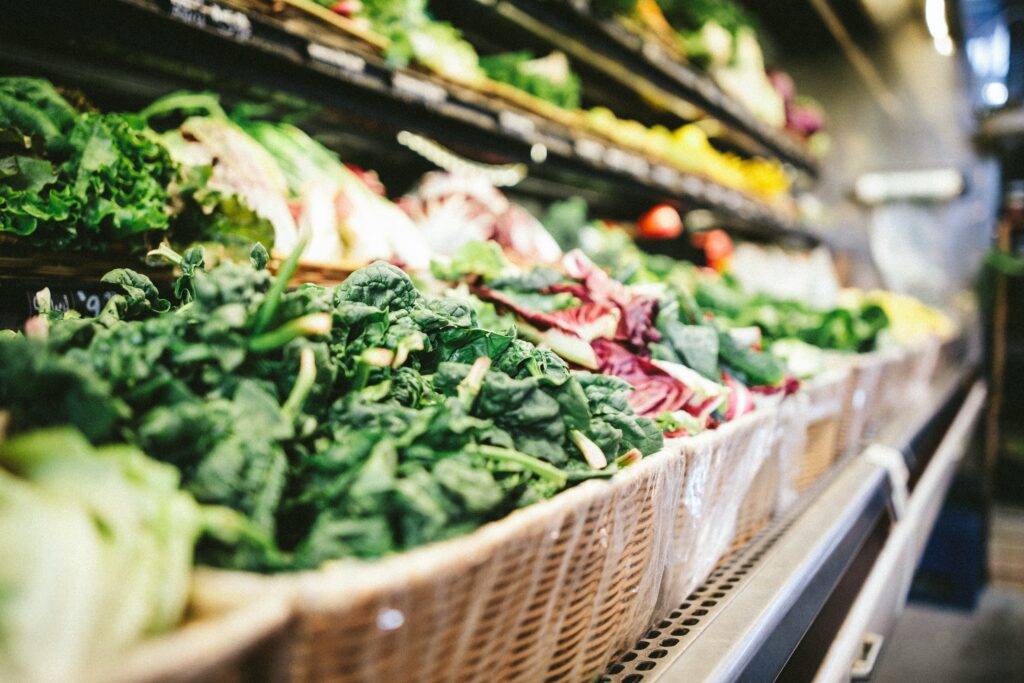
Vegans Are Falling From Their High Horses
By Stephanie Varin
In the age where everyone seems to be or know a tree-hugging, leaf-eating, critter-cuddling environmental activist, it’s easy to feel accosted by ideas of sustainability that would potentially upend your lifestyle. Food, we know, is an enormous point of contention when it comes to personal agency and environmentalism. Any stone cold eco-nut will tell you that you MUST be vegan (*gasp*) if you actually care about the earth in any capacity. However, you need not pursue this extreme diet if you are to reduce your carbon footprint, contrary to the agenda that is currently being forced to the forefront of the public eye.
Even though the vegan community can seem like an exclusive and pretentious club, any plant-based eater with friends knows that you cannot coerce others into supporting the cause: it really only perpetuates the clichéd image of the irritating-vegans that eat grass and assume the position squarely on top of the highest horse they can find . . . not conducive to advancing the ideas of the green movement.
As opposed to what they may think, eating an entirely plant-based diet does not absolve someone from contributing to the climate problem either. The transportation of sought-after exotic fruit commands enormous greenhouse gas emissions in most of the world. Mangoes, avocadoes, and stone fruits like plums, peaches, and nectarines necessitate massive amounts of water to prosper fruitfully. Cocoa and cacao drive immersive deforestation motivations and tree nuts also consume water at exorbitant rates for growth. Even The Vegans aren’t acquitted from committing dirty environmental deeds.
The reality of the situation is that there is no ideal global diet. This complicates things. Factors such as cost, geographical location, accessibility to produce, and the necessity of certain products and industries must all be taken into account.
In reference to cost and accessibility, there are some families that simply do not have access to fresh produce. This is largely due to fiscal constraints. The presence of food deserts across american urban areas is quite indicative of this issue.
Regarding geographical location, just as beef production results in methane emission, it’s not exactly eco-friendly to ship goji berries and kiwi halfway across the globe, either. Additionally, there are some communities whose general isolation prevents them from accessing the majority of foods that more populated areas have access to.
The opportunity cost of ending the livestock sectors further complicates the validity of the “vegan agenda”. Not only taking into account economic suffrances, the environment itself could languish as well. H. Charles J. Godfray in his article Meat consumption, health, and the environment, cites that “[t]here has been considerable study of what combinations of wildlife and livestock densities best promote biodiversity in different ecological settings, and in some cases where native herbivores are no longer present, or extinct, livestock can help or be essential to maintain natural ecosystems.” It would be all too easy to matter-of-factly state that livestock cultivation is evil and must come to an end: we see here the fallacy of that claim.
So if meat production and consumption results in monumental GHG emissions, inordinate fresh-water exhaustion, outrageous land degradation and depletion, and the concentration of tremendous quantities of waste, and strict veganism still isn’t the answer, how do we approach the climate issue as a consumer?
The answer lies in your pecuniary capacity, your location, and what is seasonally available to you. Ideally, yes, a plant-focused lifestyle is the most environmentally and healthfully conscious choice, but only when you prioritize consumption of local produce as well. Minimizing carbon emissions on all levels of food production and consumption, including growth, land use, cultivation, transportation, and waste management, are factors we must account for as consumers.
Likewise, a transition towards a plant-focused ideal, not a plant-based ideal, is the best way to comprehensively and collectively move towards a more sustainable society. There are lots of people who draw genuine joy from certain foods and cite this inability to give them up as a reason that they could “never be vegan”. By placing such a strict label on plant-based eating, these individuals are excluded from the sustainable conversation.
A evolving set of cultural priorities and a general high valuation of the environment is essential in the coming years, but the sweeping inclusion and inspiration of consumers is key in finding a sustainable and enjoyable balance between our own propensity to consume and the environmental ramifications. Only through inclusive conversation, accommodating even for omnivores, will we reach the attainable pinnacle of our green aspirations, arm-in-arm.
Author: Stephanie Varin is an Undergraduate student at Georgetown University studying International Politics.
https://science.sciencemag.org/content/361/6399/eaam5324
Photo by Scott Warman on Unsplash